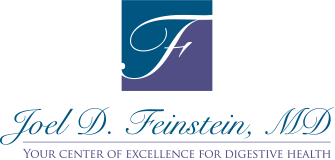Welcome to our health education library. The information shared below is provided to you as an educational and informational source only and is not intended to replace a medical examination or consultation, or medical advice given to you by a physician or medical professional.
Call 310.652.5021 or use our online Request an Appointment form to schedule your one-on-one, personal time with Dr. Joel Feinstein.





